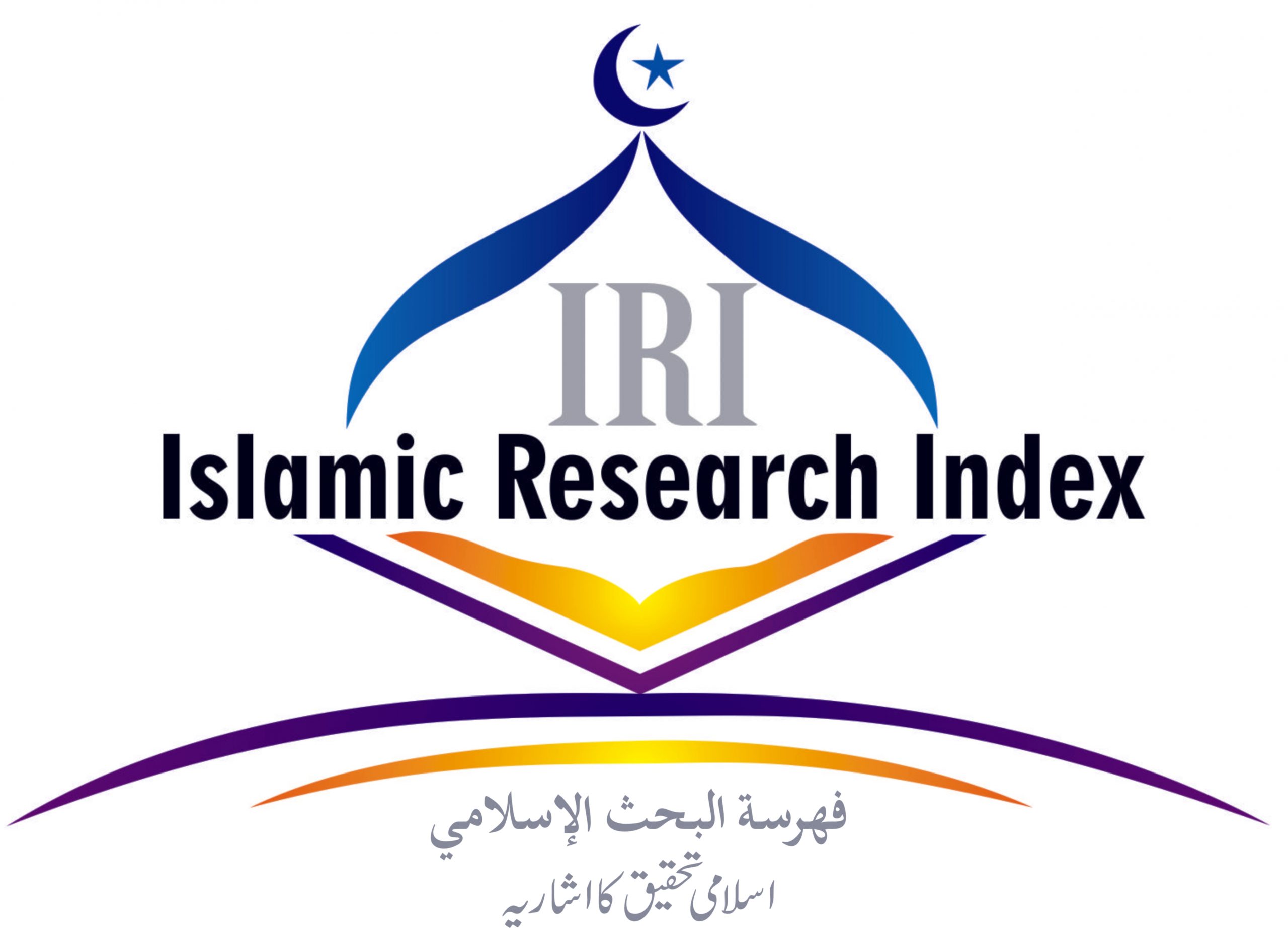المبادئ الأساسية للنظام السياسي في الإسلام دراسة أيدولوجية من وجهة نظر الدكتور وهبة الزحيلي
The Basic Principles of Political System in Islam (Ideological Study from Dr. Wahbah Al-Zuhailī’s Point of View)
Keywords:
Basic Principles, Islamic Political System, Sources of Islamic law, StateAbstract
Islam is the only religion that has built an exemplary state and government and brought a specific system of government. A political system in Islam is a system which requires religion and politics stand side by side and cannot be separated from one another, where there is a close connection between society and Political values in Islam. The first Islamic state was founded on the basic principles of political system including justice, equality, consultation, human rights and freedom by the Holy Prophet (PBUH). This paper presents an ideological approach of Dr. Wahba Al-Zuhailī a prominent Islamic scholar to draw the basic principles of the Islamic political system from the primary sources of Islamic law including the Holy Qurān, The Sunnah, Ijmā' (Consensus), and Qiyās (Analogy). This research also outlines the basic principles on which Islamic political system is established like sovereignty over the entire universe belongs to Allah Almighty alone, Sovereignty and authority, legislation in the light of the primary sources of Islamic law, electorate and the electoral process, constitution of an arbitral tribunal to settle disputes, exercising the right to vote, the legality of revolting against the ruler in case of committing a clear and open kufr (Kufr Buwah), protecting the rights of Muslim minorities, adhering to justice, human dignity, freedom of religion or belief. Finally, conclusion and recommendations have been written.



